Get ahead of the pack in a groundbreaking industry
Organisations are under pressure to adapt digitally and networking professionals are in higher demand than ever.
The Master of Networking (MNet) was developed in collaboration with industry. We make sure our course content remains highly relevant to a rapidly evolving industry. That means you’ll graduate with the latest knowledge and skills at your fingertips.
DURATION
2 Years (4 Trimesters)Full-Time or Equivalent Part-Time
INTAKES
March,July,
November
LOCATION
Sydney, MelbourneAQF LEVEL
Level 9| DURATION 2 Years (4 Trimesters) Full-Time or Equivalent Part-Time | |
| INTAKES March, July, November | |
| LOCATION Sydney, Melbourne | |
| AQF LEVEL Level 9 |
SET YOURSELF UP FOR A REWARDING CAREER IN A GROWING FIELD
Sharpen your competitive edge with specialist skills in networking and system administration. A Master in Networking will put you ahead of the competition.
Melbourne Institute of Technology is a leading educational institution in the field of networking and cybersecurity.
This major encourages innovation and creativity. You’ll learn to investigate problems, follow your instincts and work with others on learning challenges.
THIS COURSE INCLUDES:
SMALLER CLASS SIZES
Our smaller class sizes mean you get the support you need and classes are more engaging.
ARTIFICIAL INTELLIGENCE
Advance your understanding of AI and machine learning.
SUPPORTIVE TEACHING
We use an academic support program called InSPIRE to tailor our learning to each student.
HANDS-ON-EXPERIENCE
Use the latest tools to learn how to test and strengthen online networks.
LEARN WITH INDUSTRY
Our curriculum is based on solving real world problems. MIT has a strong reputation for Work-Integrated Learning.
WORK READY SKILLS
Graduate with the strategic knowledge and technical skills to find a rewarding job in this growing field.
CAREER PATHS
A career in networking could see you working in the following roles
- Network Manager
- Network Analyst
- Network Design Engineer
- Mobile Applications Developer
- Help Desk Manager
- Chief Information Security Officer
- Systems Engineer
- Network Analyst
- Forensic Computer Analyst
- Information Security Analyst
- Penetration Tester
- Security Architect
- IT Security Engineer
- Security Systems Administrator
- IT Security Consultant
You could find work at major organisations like Australian Defence Forces, IBM, CISCO or within smaller businesses or startups. Earning can be more than $100k per annum.
TAKE YOUR NETWORKING KNOWLEDGE TO THE NEXT LEVEL
When you study with us, you’ll gain hands-on practical work with Cisco, Microsoft ,Juniper, Amazon Web Service (AWS), Kali Linux, and Riverbed Networking technology. You’ll then apply your knowledge to real-world businesses through case studies and industry projects.
This course will see you develop the soft skills employers are looking for; communication, collaboration and project management. Whatever your goals, you’ll graduate ready to take an active role in the fast-moving technology industries.
Based on consultation with industry experts, we have created three core specialisms.
Students have an option to specialise in:
- Cloud Networking
- Software Engineering
- Cybersecurity (Major)
PROFESSIONAL RECOGNITION AND ACCREDITATION
The Master of Networking is provisionally accredited by the Australian Computer Society in the Professional Level, as well as
- TEQSA
Higher Education Standards Framework - Australian Quality Framework (AQF) Level 9
OUR APPROACH GIVES YOU THE SKILL AND KNOWLEDGE TO SUCCEED IN YOUR IT CAREER.
The Master of Networking course structure was created to ensure students build up their knowledge in a logical order so they can progress quickly. Our approach allows students to tackle innovative projects and gain valuable industry experience.
Each unit consists of 20 credit points. A full-time study load is 60 credit points per trimester. MNet comprises of ten core units and two electives that may make up a specialisation such as Network Security or Systems Analysis (see below).
MN404 and MN405 are available for students who need to supplement their undergraduate degree program. Students who have gaps in their undergraduate program will need to undertake these units to ensure they meet prerequisite requirements for core units.
Final year students complete:
MN691 - Research Methods and Project Design; and
MN692 - Capstone Project
Read more about our Industry-Based Projects and Internships
Example Course Structure :
COURSE UNITS
Master of Networking - Course Units
Common Core Units
- MN501 - Network Management in Organisations
- MN502 - Overview of Network Security
- MN503 - Overview of Internetworking
- MN504 - Networked Application Management
- MN506 - System Management
- MN601 - Network Project Management
- MN603 - Wireless Networks and Security
- MN621 - Advanced Network Design
- MN691 - Research Methods and Project Design
- MN692 - Capstone Project
- MN622 - Software defined Networking
- ME605 - Cloud Engineering
LEARNING OUTCOMES
Graduates of Master of Networking have these learning outcomes:
Possess a body of knowledge that demonstrates an understanding of state-of-the-art developments in the area of Networking:
- by understanding recent developments in the discipline and/or area.
- with knowledge of research principles and methods in a field of work and/or learning.
- skills to investigate, analyse and synthesise complex information.
- skills to generate and evaluate complex ideas and concepts.
- communication skills to justify theoretical propositions, methodologies, conclusions.
- technical skills to design, evaluate, implement, analyse and theorise about developments.
- mastery of theoretical knowledge, critical reflection on their and practice.
- technical research sills to interpret theoretical propositions, methodologies and conclusions.
- communication skills to argue about design, evaluation and analysis of developments.
Demonstrate significant research, analysis and evaluation skills in the networking discipline by:
- Planning and executing a substantial research-based project, capstone experience/piece of scholarship.
- Creativity and innovativeness to new situations.
ENTRY REQUIREMENTS
To quality for entry you need to have
- Successful completion of Australian Bachelor degree or equivalent.
- For the cognate stream: An Australian bachelor degree or equivalent in Information Technology or a related discipline such as computer science, software engineering, computer engineering or networking.
- For the non-cognate stream: An Australian bachelor degree or equivalent in any other discipline.
- Institute Entry Requirement
- MIT's Admissions Transparency
- MIT Admissions Policy and Procedures
English Language Requirements
IELTS Academic
Overall score 6.0
(no band less than 5.5)
TOFEL ibt
Overall score 60-78 with minimum scores: Reading 12, Listening 11, Speaking 17, Writing 20
PTE Academic
Overall score 50 with no score less than 46
Cambridge CAE
CAE score of 169 (no band less than 162)
ENTRY REQUIREMENTS
To quality for entry you need to have
- Successful completion of Australian Bachelor degree or equivalent.
- For the cognate stream: An Australian bachelor degree or equivalent in Information Technology or a related discipline such as computer science, software engineering, computer engineering or networking.
- For the non-cognate stream: An Australian bachelor degree or equivalent in any other discipline.
- Institute Entry Requirement
- MIT's Admissions Transparency
- MIT Admissions Policy and Procedures
English Language Requirements
IELTS Academic
Overall score 6.0
(no band less than 5.5)
TOFEL ibt
Overall score 60-78 with minimum scores: Reading 12, Listening 11, Speaking 17, Writing 20
PTE Academic
Overall score 50 with no score less than 46
Cambridge CAE
CAE score of 169 (no band less than 162)
Credit Transfer
Students can gain credit for learning already achieved. Applicants are assessed on a case-by-case basis. Learn more about credit transfer. Read more about the process.
Applications for credit transfer must be made before or during orientation and enrollment week.
WE USE THE SAME TOOLS AS INDUSTRY PROFESSIONALS






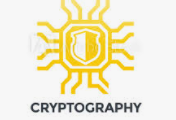


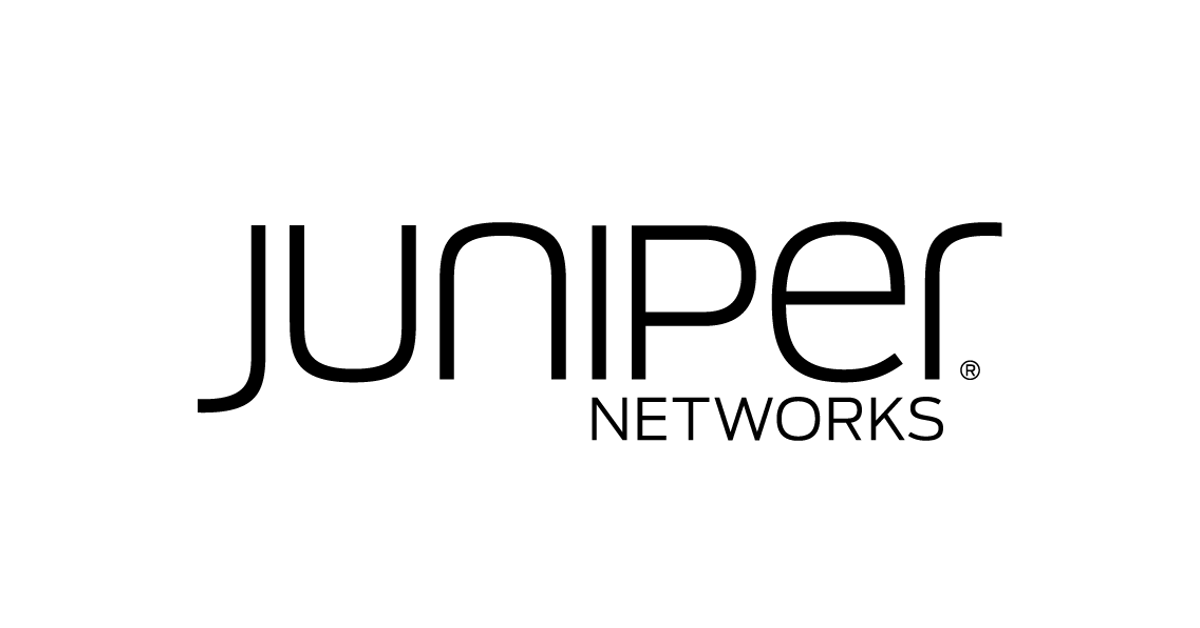




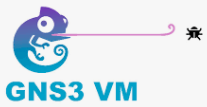

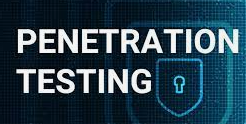




FEE INFORMATION
Study now and pay later with FEE-HELP.Students studying at MIT may be eligible for FEE-HELP. FEE-HELP is a loan scheme that assists eligible fee-paying students to pay their tuition fees. An eligible person may borrow up to the FEE-HELP limit to pay tuition fees over their lifetime.
Read more about FEE-HELP or visit Study Assist.
Tuition FeesFor fee information visit the tuition fee page.
Financial Assistance
Youth and student allowances
For details on Youth Allowance, Austudy and ABSTUDY, visit Human Services.
FREQUENTLY ASKED QUESTIONS
What is networking?
Networking is a term used to describe a computer network. This is a group of computers that use common communication rules over digital connections to share resources and to protect them from the outside world.
What can I do with a Master in Networking?
A master of networking can lead to employment at a more senior level working alongside systems architects as a structural, cloud or networking engineer.
PREPARING YOUR APPLICATION
Before applying, make sure you:
- Meet the course entry requirements for the course you want to apply for.
- Have all your details ready—for example, your educational history, personal details, academic transcripts and award certificates.
What to include with your application?
- Evidence of completion of your previous studies that is award certificates or transcript with completion confirmed.
- Proof of identity, for example, your passport or birth certificate or citizenship.
- Evidence of English language skills (if you completed studies from a non-English speaking country).
- Proof of your permanent residency or citizenship if you were born overseas.
Certifying your academic documents
You should provide certified copies of your academic and other essential documents at the time of application.
Uploading your documents
You must upload all requested documents at the time of the application.
Learn more about the whole of the institution set here.
Contact us
Phone our friendly student recruitment team on 1800 648 669.
enquiries@mit.edu.au
INDUSTRY PROJECTS
Businesses are increasingly shifting from specialist IT teams to integrated, multi skilled teams. Employers are demanding graduates who are innovative thinkers, who can work collaboratively and can solve problems to create cost effective business solutions.
That’s why we focus on meaningful group learning and building industry connections for all students in our industry projects.
These units are designed to provide you with real-world experience, working for an industry client.
- Develop vital soft skills, like leadership, communication and negotiation, when you communicate and collaborate with a team of your peers
- Conduct high level research, analysis and development
- Tackle complex real-world problems with technical and creative skills
Previous industry projects included in a Master of Networking:
- TRAFFIC CONTROL : Developing an automatic detection system using Internet of Things devices.
- RETAIL : Designing a MAC address detection system to prevent petrol theft.
- DIGITAL LIBRARY : Building an Artificial Intelligence analytical framework using big data.
- ONLINE RETAIL STORE : Creating a secure cloud-based multi-authentication biometric password framework.
- LIFESTYLE IMPROVEMENT : Design and development of an animal flap with facial recognition techniques.
- IMAGING AND DATA PROCESSING : Comparative analysis of locally-sensitive hashing algorithm and similarity digest on images.
OUR STAFF ARE LEADING INDUSTRY EXPERTS
Our school attracts some of the best minds in the fields of Engineering and Networking. Our staff are industry experts. They drive research in the field and they bring energy to the classroom.

Savitri Bevinakoppa
Deputy Head of School and Course Coordinator – Master of Networking
An expert in computing and mathematics, she has worked in computer science since 1989 watching the field as it evolves. From the early days of parallel computing to the complex networks we use today, Savitri has been at the forefront of it all. She has been embedded in our IT department developing and running our courses for more than a decade.
She has completed her Bachelor of Engineering (Electronics and Communication) in 1989 and Doctor of Philosophy (PhD) at Victoria University, Melbourne in 1996, writing her thesis on “Still Image Compression on Parallel Computer Architectures”. Savitri has more than 30 years of teaching and research experience in Engineering and Information Technology (IT) disciplines and has also worked in the industry as a manager for more than 10 years. She has demonstrated continuing scholarly and professional involvement in both learning & teaching and research, publishing a number of books and research papers nationally and internationally. She has obtained several industry grants and supervised many research students and research associates. She has chaired a number of conferences in multi-disciplinary areas and edited their proceedings.
Savitri has been involved in MIT Learning and Teaching Committee as a member and designed and developed courses in Engineering, Networking and Data Analytics. Previously, she was on the academic board for more than 6 years and worked as an acting head, School of IT and Engineering.
OUR STAFF ARE LEADING INDUSTRY EXPERTS
Our school attracts some of the best minds in the fields of Engineering and Networking. Our staff are industry experts. They drive research in the field and they bring energy to the classroom.
HEAR FROM THOSE WHO GRADUATED
JOIN A SUPPORTIVE NETWORK
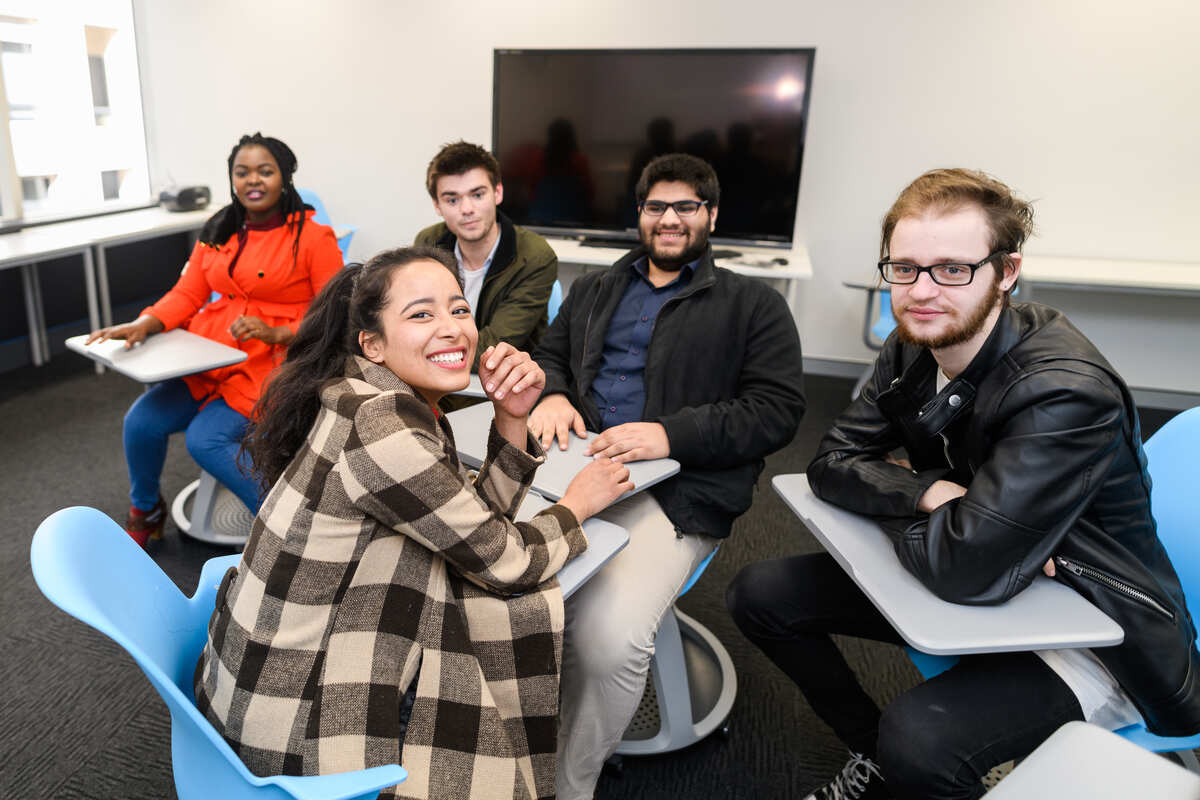
When you study a Master of Networking you’ll make friends and industry connections that last a lifetime. Our welcoming student support team will help you start your career on the right foot and stay in touch as your career progresses. Our alumni network is active and encouraging.
WE CARE ABOUT YOUR FUTURE
At MIT you’re more than a number. Our teachers know students by name. And our teaching methods support and challenge you to reach your potential.
Our care goes beyond the classroom. We ensure students have the support and skills they need to succeed in life and study.
We understand that choosing a course can be daunting at times. Our friendly student support service is there to answer your questions.
LET’S GET STARTED. CALL US TODAY.
At MIT you’ll experience great teaching in a supportive environment. And you’ll graduate with the skills you need to succeed.
Call our friendly student services team today to discuss your learning journey on +61 3 8600 6700.

